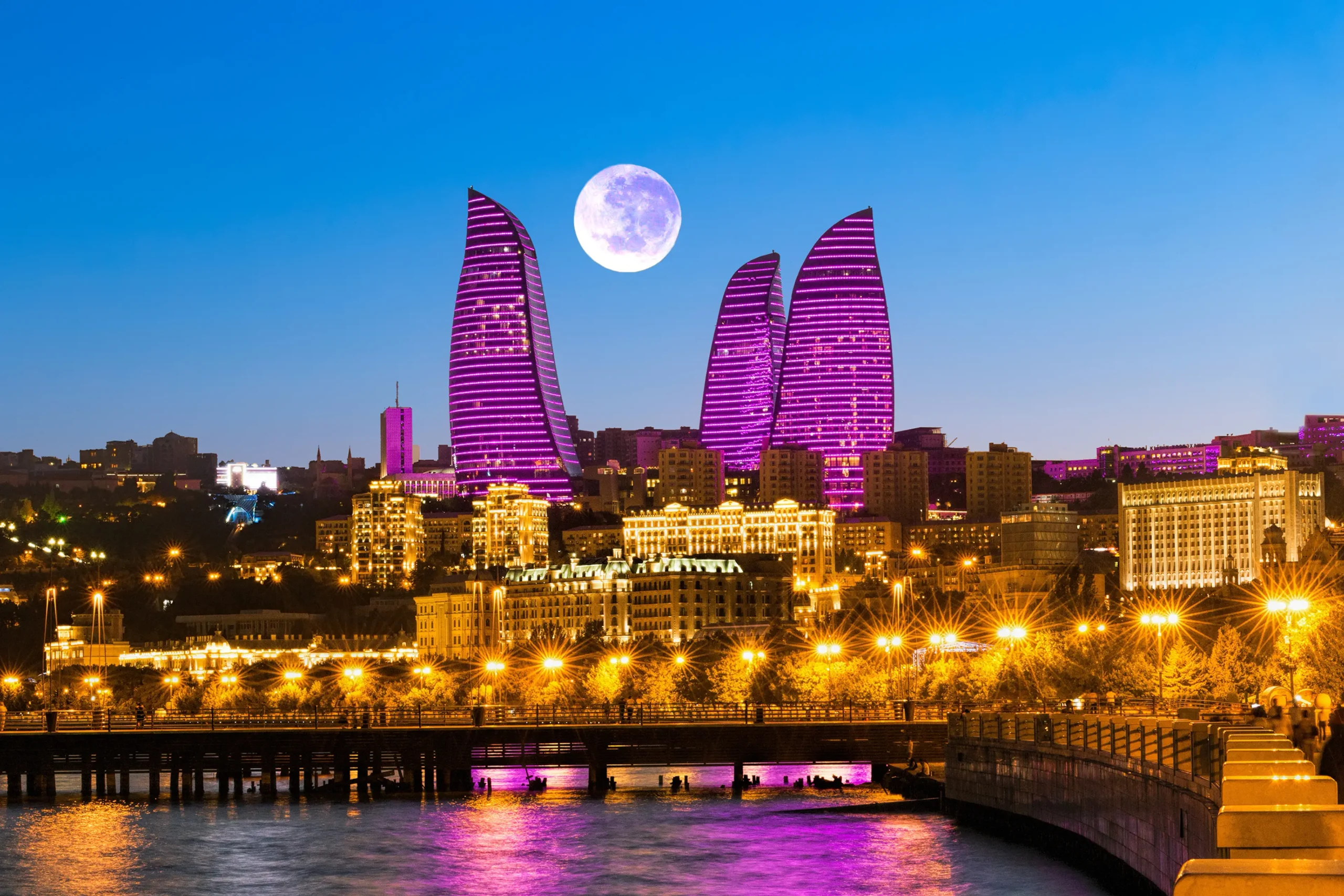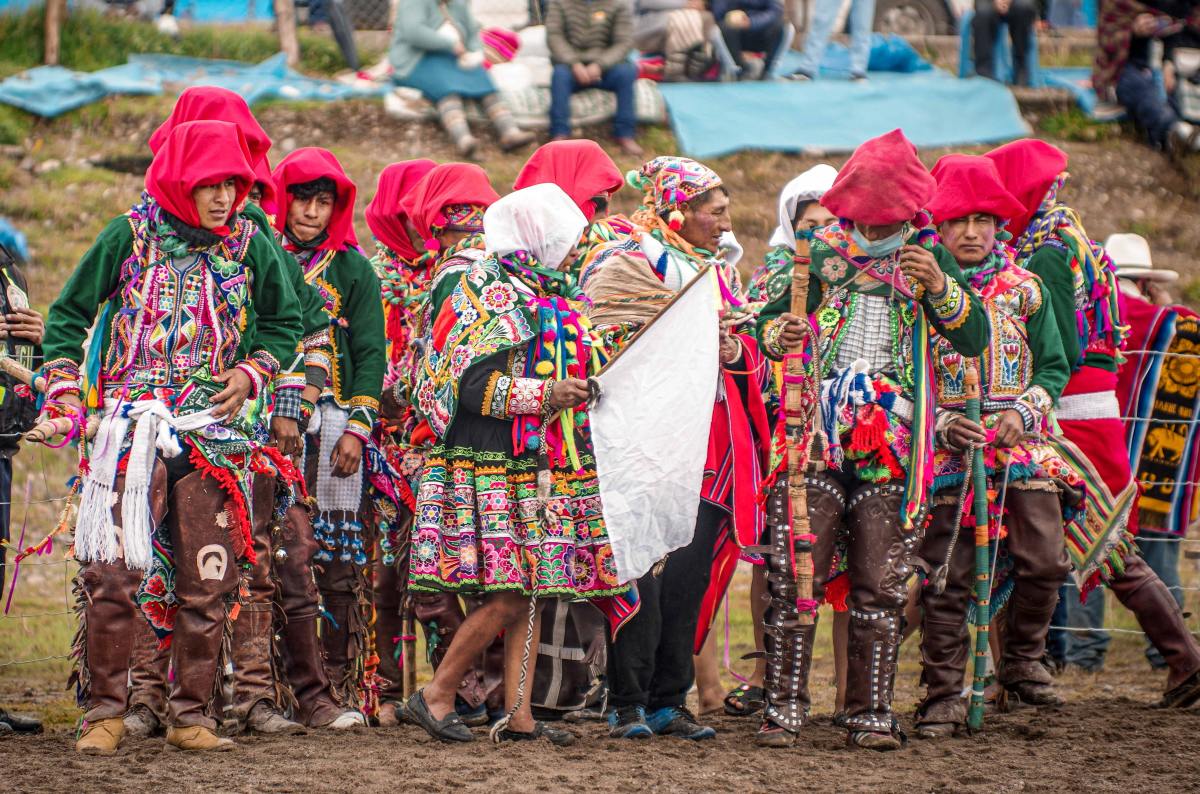Azerbaijan, a land where ancient traditions dance with modern vibrancy, offers a cultural tapestry that captivates every traveler. Nestled at the crossroads of Eastern Europe and Western Asia, this South Caucasus gem blends Silk Road heritage with contemporary flair. From the bustling streets of Baku to the timeless villages of the Caucasus Mountains, Azerbaijan’s cultural experiences are as diverse as they are unforgettable. In this article, we’ll embark on a journey to uncover the heart of Azerbaijan’s culture, exploring its traditions, cuisine, festivals, and more, with practical tips to make your visit extraordinary.
Why Azerbaijan’s Culture Stands Out
Azerbaijan’s culture is a unique fusion of Persian, Turkic, and Russian influences, shaped by centuries of history and its strategic location along ancient trade routes. This blend creates a vibrant identity that’s both deeply rooted and forward-looking. Whether you’re drawn to the intricate patterns of Azerbaijani carpets or the soulful melodies of mugham music, there’s something here to spark curiosity.
A Crossroads of Civilizations
Azerbaijan’s position on the Silk Road made it a melting pot of cultures, from the Zoroastrianism of the Achaemenid Empire to the Islamic influences of the Shirvanshahs. This historical layering is evident in everything from architecture to cuisine. Walking through Baku’s Old City, a UNESCO World Heritage Site, feels like stepping into a living museum where medieval walls whisper tales of ancient travelers.
The Heartbeat of Tradition
Traditional Azerbaijani culture thrives in its music, dance, and crafts. Mugham, a UNESCO-recognized musical form, combines poetic lyrics with intricate melodies, often performed at gatherings that feel like intimate conversations with history. Similarly, the art of carpet weaving, passed down through generations, showcases patterns that tell stories of nomadic tribes and settled dynasties.
Iconic Cultural Experiences in Azerbaijan
To truly immerse yourself in Azerbaijan’s culture, you need to experience its festivals, cuisine, and historic sites firsthand. Below, we dive into the must-do activities that bring this culture to life, blending personal anecdotes with practical insights.
Baku’s Old City: A Walk Through Time
Baku’s Icherisheher (Old City) is a labyrinth of cobblestone streets, ancient mosques, and palaces that transport you to the Middle Ages. The Maiden Tower, a mysterious 12th-century structure, stands as a symbol of the city’s resilience. I once wandered these streets at dusk, the golden light casting shadows on the Shirvanshahs’ Palace, feeling like I’d stumbled into a fairy tale.
Tips for Visiting Icherisheher
- Best Time: Early morning to avoid crowds and enjoy cooler weather.
- Guided Tours: Opt for a local guide to uncover hidden stories behind landmarks.
- Entry Fees: Most sites, like the Palace of the Shirvanshahs, cost around 15 AZN (approx. $9 USD).
The Art of Azerbaijani Carpet Weaving
Azerbaijani carpets are more than decor—they’re storytelling woven into wool. Each region, from Karabakh to Shirvan, has distinct patterns reflecting local history. Visiting the Azerbaijan Carpet Museum in Baku, I was mesmerized by the vibrant colors and intricate designs, each knot a testament to artisans’ skill.
Where to Learn Carpet Weaving
- Workshops: Join a weaving workshop in Baku or Sheki for hands-on experience.
- Cost: Expect to pay 50–100 AZN for a half-day session.
- Souvenirs: Authentic carpets start at 200 AZN; ensure certification for authenticity.
Mugham Music: The Soul of Azerbaijan
Mugham, a blend of classical poetry and improvisational music, is Azerbaijan’s cultural heartbeat. Attending a live performance at the International Mugham Center in Baku is like listening to the country’s soul. The first time I heard a mugham trio, the haunting notes of the tar (a stringed instrument) gave me chills.
How to Experience Mugham
- Venues: Check schedules at the International Mugham Center or local teahouses.
- Free Events: Look for open-air performances during festivals like Novruz.
- Learning: Short music classes are available in Baku for about 30 AZN per session.
Novruz Bayramı: A Celebration of Renewal
Novruz, the Persian New Year, is Azerbaijan’s most vibrant festival, celebrated in March with fire-jumping, traditional sweets, and communal feasts. I once joined a family in Baku for Novruz, leaping over a small bonfire to “burn away” the past year’s troubles—it was exhilarating and surprisingly unifying.
Novruz Highlights
- Fire-Jumping: Participate in safe, community-organized bonfires.
- Traditional Foods: Try shekerbura (sweet pastries) and pakhlava.
- Public Events: Baku’s Fountain Square hosts free concerts and dance performances.
Culinary Adventures: A Taste of Azerbaijan
Azerbaijani cuisine is a feast for the senses, blending savory, sweet, and tangy flavors. Dishes like plov (saffron rice with meat and dried fruits) and dolma (stuffed grape leaves) reflect the country’s agricultural bounty. My first bite of plov in a Sheki restaurant, fragrant with saffron, was a revelation.
Must-Try Dishes
- Plov: Often served with lamb or chicken, garnished with nuts and fruits.
- Dolma: Grape leaves wrapped around spiced meat or vegetables.
- Kutab: Thin pancakes filled with greens, meat, or pumpkin, best enjoyed fresh.
Top Restaurants
| Restaurant | Location | Specialty | Price Range (AZN) |
|---|---|---|---|
| Firuze | Baku | Traditional Plov | 15–30 |
| Sheki Palace | Sheki | Piti (Lamb Stew) | 10–25 |
| Art Club | Ganja | Local Kebabs | 12–20 |
Exploring the Caucasus Mountains
Beyond Baku, the Caucasus Mountains offer cultural immersion in villages like Khinalug and Lahij. In Khinalug, one of Europe’s highest villages, I met locals who spoke a language unique to their 4,000-year-old community, sharing tea and stories of their ancestors.
Village Experiences
- Khinalug: Hike to ancient Zoroastrian sites; homestays cost 30–50 AZN per night.
- Lahij: Known for copper craftsmanship; workshops start at 20 AZN.
- Travel Tip: Rent a 4×4 vehicle for remote villages, as roads can be rough.
Comparing Urban and Rural Cultural Experiences
Azerbaijan’s cultural landscape varies dramatically between its urban hubs and rural villages. Here’s a breakdown to help you choose your adventure.
| Aspect | Urban (Baku, Ganja) | Rural (Khinalug, Lahij) |
|---|---|---|
| Accessibility | Easy; well-connected by flights and trains | Remote; requires 4×4 or guided tours |
| Cultural Focus | Modern art, music, and cuisine | Ancient traditions, crafts, and folklore |
| Cost | Higher (hotels 50–150 AZN/night) | Lower (homestays 20–50 AZN/night) |
| Crowds | Busy, especially in summer | Quiet, intimate experiences |
Pros and Cons of Urban vs. Rural
Urban Pros:
- Diverse dining and entertainment options.
- Modern amenities and English-speaking guides.
- Easy access to museums and cultural centers.
Urban Cons:
- Can feel touristy in peak seasons.
- Higher costs for accommodations and dining.
Rural Pros:
- Authentic, less commercialized experiences.
- Stunning natural scenery and hiking opportunities.
- Affordable homestays with local families.
Rural Cons:
- Limited infrastructure and language barriers.
- Fewer dining options; plan to eat local.
People Also Ask (PAA) Section
Here are answers to common questions about Azerbaijan’s cultural experiences, sourced from Google’s PAA feature.
What is the culture of Azerbaijan like?
Azerbaijan’s culture is a vibrant mix of Turkic, Persian, and Russian influences, seen in its music (mugham), crafts (carpet weaving), and festivals (Novruz). It’s welcoming and family-oriented, with a strong emphasis on hospitality. Visitors often feel like guests in a local’s home.
What are some traditions in Azerbaijan?
Key traditions include Novruz celebrations with fire-jumping, tea ceremonies in ornate teahouses, and the art of mugham music. Carpet weaving and backgammon are also deeply ingrained, reflecting Azerbaijan’s nomadic and intellectual heritage.
What is Azerbaijan best known for?
Azerbaijan is renowned for its UNESCO-listed Old City in Baku, the Caspian Sea coastline, and its role as a Silk Road hub. It’s also famous for mugham music, vibrant carpets, and emerging tourism in the Caucasus Mountains.
Where can I experience Azerbaijani culture?
Visit Baku’s Old City, the Azerbaijan Carpet Museum, or the International Mugham Center. For rural immersion, head to Sheki, Khinalug, or Lahij, where traditional crafts and hospitality thrive. Local festivals like Novruz offer authentic experiences.
Practical Tips for Cultural Immersion
To make the most of Azerbaijan’s cultural offerings, plan strategically. Here’s how to dive in.
Best Time to Visit
Spring (March–May) and autumn (September–November) offer mild weather, ideal for exploring both cities and mountains. March is perfect for Novruz, while summer suits beachgoers along the Caspian Sea.
Getting Around
- Baku: Use the metro (1 AZN per ride) or taxis (Bolt is reliable, 5–10 AZN for short trips).
- Regions: Rent a car (40–60 AZN/day) or join guided tours for remote areas like Khinalug.
- Tip: Download offline maps, as rural areas may lack reliable internet.
Budgeting for Cultural Experiences
- Museums: Entry fees range from 5–15 AZN.
- Workshops: Carpet weaving or cooking classes cost 20–100 AZN.
- Dining: Expect 10–30 AZN per meal at mid-range restaurants.
Where to Book Cultural Tours
- Viator: Offers guided tours of Baku and regional villages, starting at $50 USD.
- GetYourGuide: Great for food tours and mugham concerts, from $30 USD.
- Local Agencies: Tes Tour or Bag Baku provide personalized experiences, often cheaper at 40–80 AZN.
FAQ Section
Is Azerbaijan safe for cultural tourism?
Yes, Azerbaijan is generally safe, with low crime rates and a welcoming atmosphere. Exercise standard precautions in crowded areas, and respect local customs, especially in rural villages.
What language is spoken in Azerbaijan?
Azerbaijani is the official language, with Russian and English widely spoken in Baku. In rural areas, basic Azerbaijani phrases or a translator app can help bridge language gaps.
How can I respect Azerbaijani culture as a visitor?
Dress modestly, especially at religious sites, and accept tea invitations as a sign of hospitality. Avoid sensitive topics like the Nagorno-Karabakh conflict in casual conversation.
Are there vegetarian options in Azerbaijani cuisine?
Yes, dishes like kutab with greens, lentil soups, and vegetable dolma are widely available. Inform restaurants in advance for customized vegetarian meals.
What’s the best cultural festival to attend?
Novruz in March is the most vibrant, with nationwide celebrations. The Gabala Music Festival (summer) and Baku Jazz Festival (October) are also excellent for music lovers.
Why Azerbaijan’s Culture Leaves a Lasting Impression
Azerbaijan’s cultural experiences are a bridge between past and present, offering travelers a chance to connect with a nation that’s both ancient and modern. Whether you’re savoring plov in a Sheki teahouse, jumping over a Novruz bonfire, or tracing the patterns of a handwoven carpet, you’re engaging with a culture that’s as warm as it is profound. My own journey through Azerbaijan left me with memories of laughter-filled meals and quiet moments in mountain villages, a reminder that culture here isn’t just seen—it’s felt.
For those ready to explore, Azerbaijan awaits with open arms and endless stories. Book a cultural tour, pack comfortable shoes, and prepare to be enchanted by a land where every corner holds a new discovery.
External Links:
Internal Links:
- Explore more about Baku’s Old City
- Learn how to join a carpet weaving workshop



